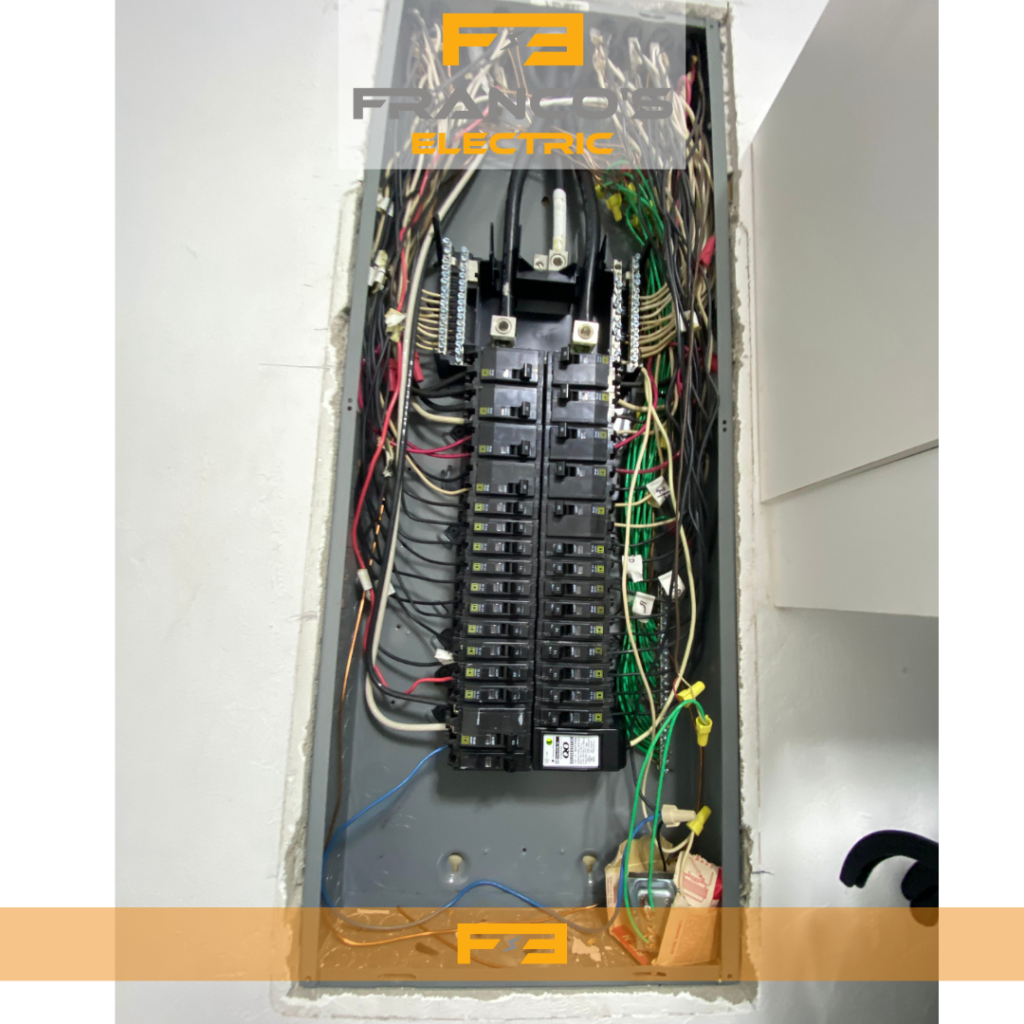The kitchen is the heart of the home. It’s where families gather to cook favorite recipes, share warm meals, and reconnect with each other, but it’s also the location where two-thirds of all home fires start. Identify and correct potential hazards in your kitchen before someone gets hurt.
Kitchens are busy areas of the home that can be a prime location for accidents and electrical hazards. With a variety of small and large appliances in use alongside potential water and food waste, electrical safety in the kitchen is highly important. To help you stay safe while cooking or entertaining in your kitchen. Here you have some electrical safety tips.
- Keep your stove and oven clean. Clean the exhaust hood and duct over the stove regularly.
- Do not overload your outlets and do not use electrical appliances that have been wet. Water can damage the motors in electrical appliances like freezers and refrigerators.
- Ensure cables are not too close to heat
- Unplug any countertop appliances when they are not in use and move them away from the sink. If a non-GFCI appliance is accidentally knocked into the sink, there is a great risk for electrical shock.
- Keep appliance cords away from hot surfaces like the range or toaster.
- Install GFCI: These devices constantly monitor electricity flowing in a circuit, quickly switching off power to that circuit if any loss of current occurs. They are designed to protect people from electrical shock and electrocution.
When it comes to installing new outlets, changing wires, or performing other electrical repairs, always requires a professional. This is to ensure the job is correct. Some of these kitchen electrical safety precautions are easy for you to implement, fix, or keep in mind moving forward.



